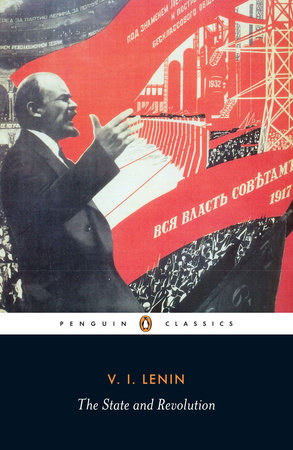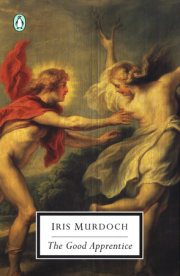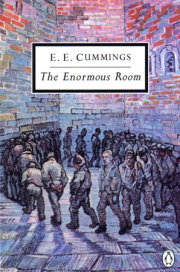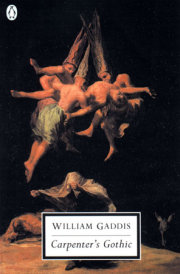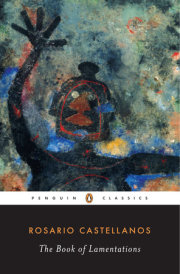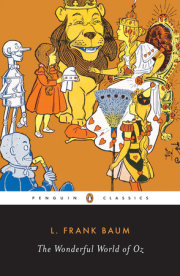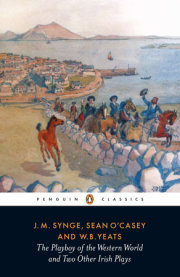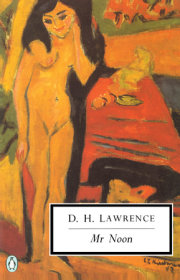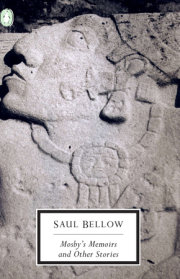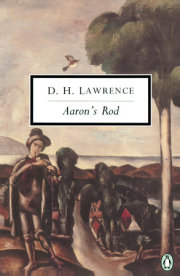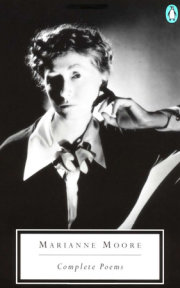Translator's Notes
Introduction:
The Writing of the Book
The Contents
The Style
A Marxist Interpretation?
The Book and Political Theory
Political Conditions at the Time
The Book is Published
The Uses of the Book
The Book and Its Fate
THE STATE AND REVOLUTION
Preface to the First Edition
Preface to the Second Edition
Chapter I: Class Society and the State
1. The State as the Product of the Irreconcilability of Class Contradictions
2. Special Bodies of Armed Men, Prisons, Etc.
3. The State as an Instrument for the Exploitation of the Oppressed Class
4. The "Withering Away" of the State and Violent Revolution
Chapter II: The State and Revolution—The Experience of 1848-51
1. The Eve of the Revolution
2. The Revolution in Summary
3. The Presentation of the Question by Marx in 1852
Chapter III: The State and Revolution—The Experience of the Paris Commune of 1871—Marx's Analysis
1. What was Heroic about the Communards' Attempt?
2. With What is the Smashed State Machine to be Replaced?
3. The Eradication of Parliamentarianism
4. Organization of the Unity of the Nation
5. The Destruction of the Parasite State
Chapter IV: Continuation: Supplementary Clarifications by Engels
1. The Housing Question
2. The Polemic with the Anarchists
3. Letter to Bebel
4. Critique of the Draft of the Erfurt Programme
5. The 1891 Preface to Marx's The Civil War in France
6. Engels on the Overpowering of Democracy
Chapter V: The Economic Basis for the Withering Away of the State
1. The Presentation of the Question by Marx
2. The Transition from Capitalism to Communism
3. The First Phase of Communist Society
4. The Higher Phase of Communist Society
Chapter VI: The Vulgarization of Marxism by the Opportunists
1. Plekhanov's Polemic with the Anarchists
2. Kautsky's Polemic with the Opportunists
3. Kautsky's Polemic with Pannekoek
Chapter VII: The Experience of the Russian Revolutions of 1905 and 1917 #unfinished text#
Postscript to the First EditionGlossary

